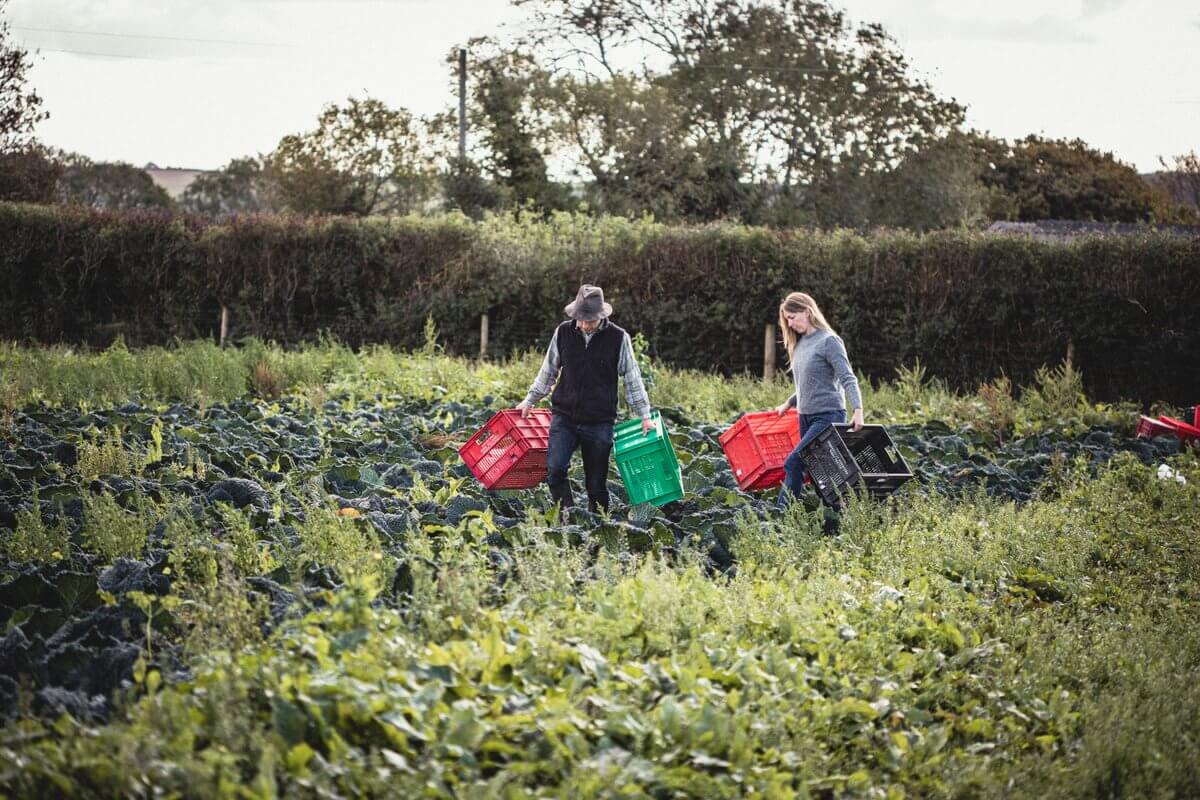Farmers across England were hit with yet more grim news on March 11th when the government abruptly halted new applications for the Sustainable Farming Incentive (SFI). Despite DEFRA’s repeated assurances that farmers would receive at least six weeks’ notice before significant changes, this sudden announcement has completely blindsided an already beleaguered sector.
This means that thousands of farmers now find themselves in a scarcely believable situation when, five years into the green farming transition – which promised public payment to farmers who want to deliver public goods in the form of habitats, community access, and climate adaptation – they no longer have the Environmental Land Management (ELM) scheme open to them.
So – if you’re a farmer wanting to transition to nature-friendly farming right now, you have nowhere to go; there are simply no options or choices on the table at this moment in time.
This sudden closure leaves thousands of pounds wasted by farmers on advisory services, preparing applications now rendered useless overnight. Small-scale horticultural growers, who were finally set to benefit from the lifting of the restrictive 5ha limit to the SFI (which Wicked Leeks wrote about only last year) now find themselves abandoned. The sense of distrust is palpable among those who had planned business investments and strategies around promised SFI support.
The abrupt withdrawal of the SFI has severely undermined farmers’ trust in government, which was already at an all-time low.
How did we get here?
The shortcomings of the SFI have been evident for some time. Pressure from industry lobby groups diluted the scheme from its original vision, shifting the emphasis to boosting participation rates rather than delivering genuine environmental improvements. With no clear spending caps on the SFI, the scheme predictably exhausted its resources prematurely, diverting critical funds away from proven initiatives such as the Countryside Stewardship Higher Tier, which deliver measurable environmental outcomes. The scheme clearly needed reform, but the timing, manner, and lack of transparency in this decision is another serious case of mismanagement from government.
This fiasco also exposes deeper political dysfunction. Short-term political interests, combined with the last government’s continual pursuit of quick wins, have repeatedly undermined long-term policy stability and the environmental ambition of the schemes.
What next?
Despite all of these issues, ELMs still has the potential to deliver the support needed for farmers to deliver on climate, nature, and food security. But this government needs a serious rethink of how future schemes can deliver for both farmers and nature. The huge uptake of SFI (nearly 37,000 live agreements) shows that farmers are there, ready and waiting, for the right support to transition to nature friendly farming. What they need, is proper commitment from government.
DEFRA and the Treasury must put farming back at the heart of environmental policy. This means setting realistic spending limits, clearly linking payments to measurable environmental outcomes, and restoring trust through transparent, timely communication. It also means actually addressing the other economic barriers to the agroecological transition via supply chain reform.
The upcoming spending review could be one of the last opportunities for the current government to show the decisive leadership that our environment and farming communities desperately need, and deserve.
Will is the Sustainable Farming Campaign Coordinator at Sustain and has a background in implementing Agroecological farming methods and managing vineyards in Somerset. He’s previously worked on issues surrounding food poverty and is a dedicated advocate for nature-friendly farming and fairness across the entirety of the food supply chain.














Once again the Government shows it has not realised that the health of the nation depends on the health of the natural world. Thousands of people are sick because they eat junk food, perhaps the Civil Servants at DEFRA should have a leason in sustainability and it’s interconnection with farming.
I fear that despite its importance for ensuring the country’s food security and creating more sustainable and nature friendly farming methods, the SFI will not be funded adequately when the revised version appears in 2026. The Government is making cuts to departmental budgets and social security benefits to reduce the budget deficit and of course to pay for increased defence spending. I doubt this government look upon subsidising farmers as a priority. I hope all this farmers who voted for Brexit and believed Boris’s lies will now admit they are partly to blame for this.